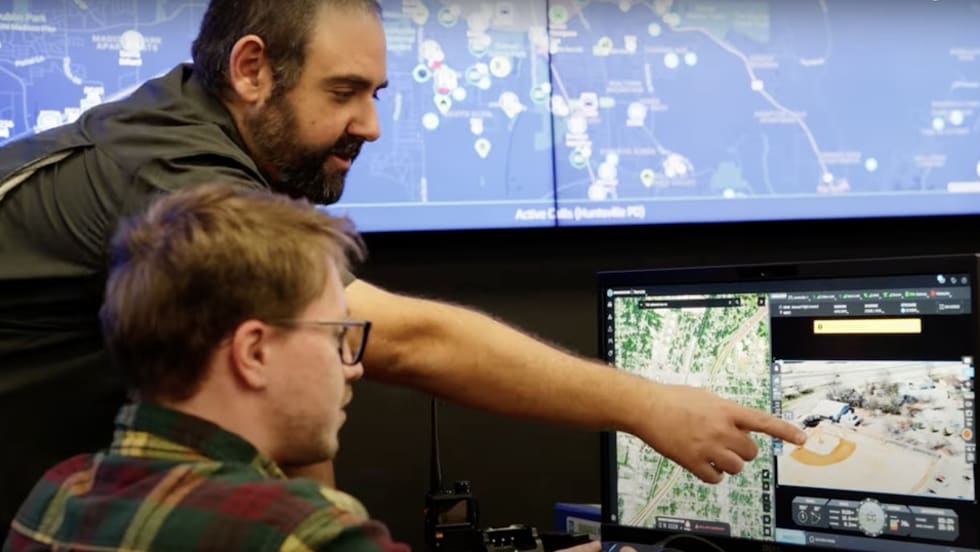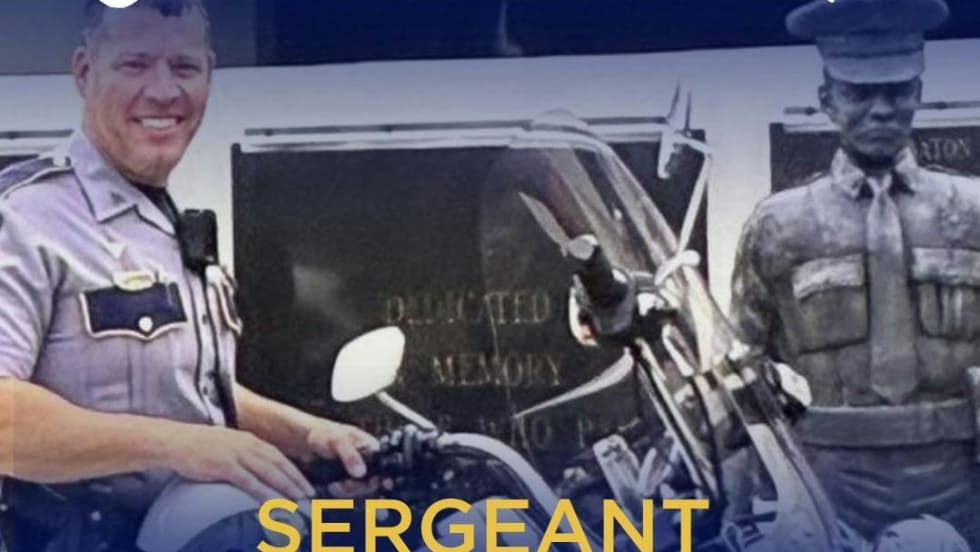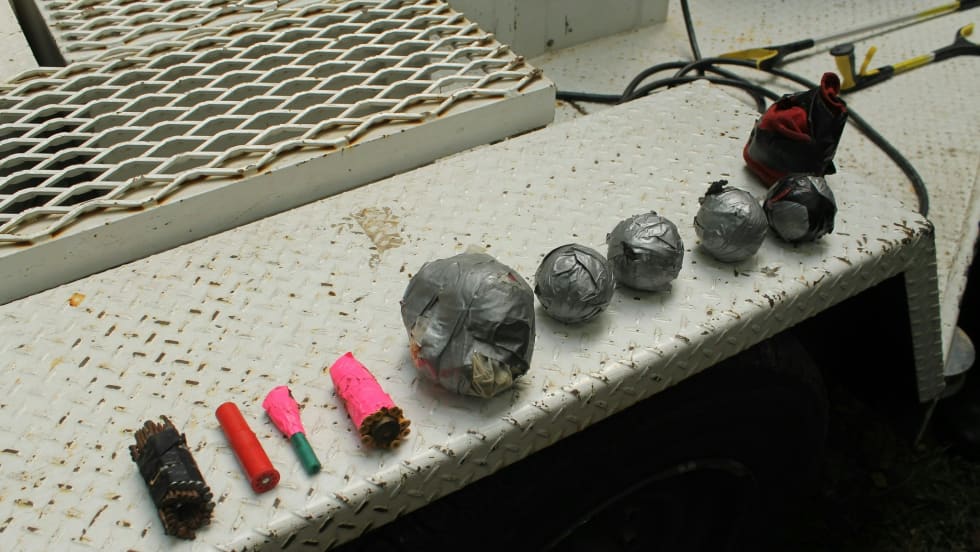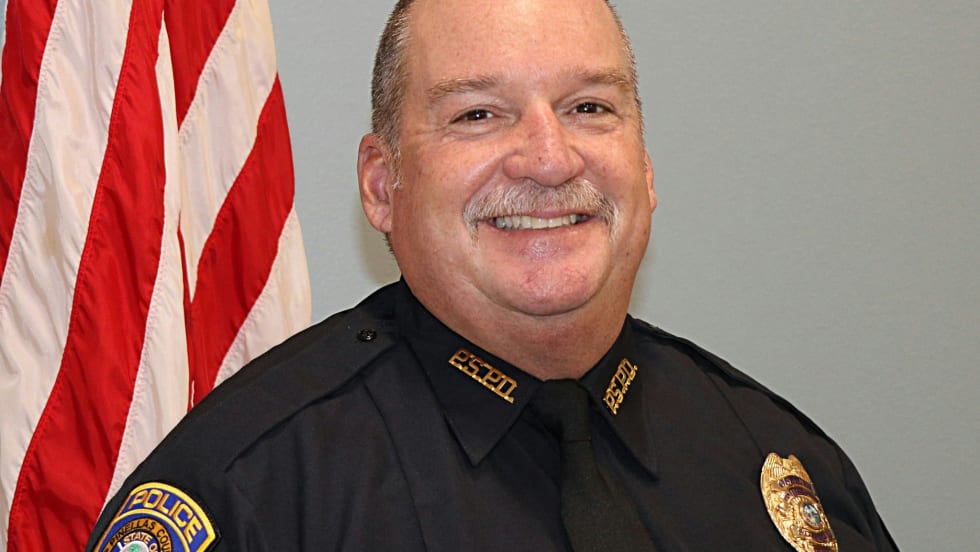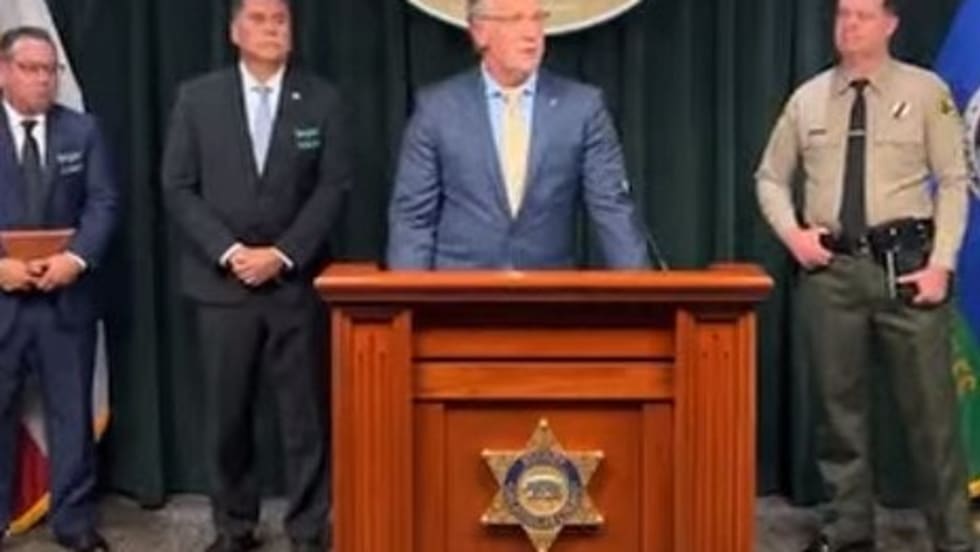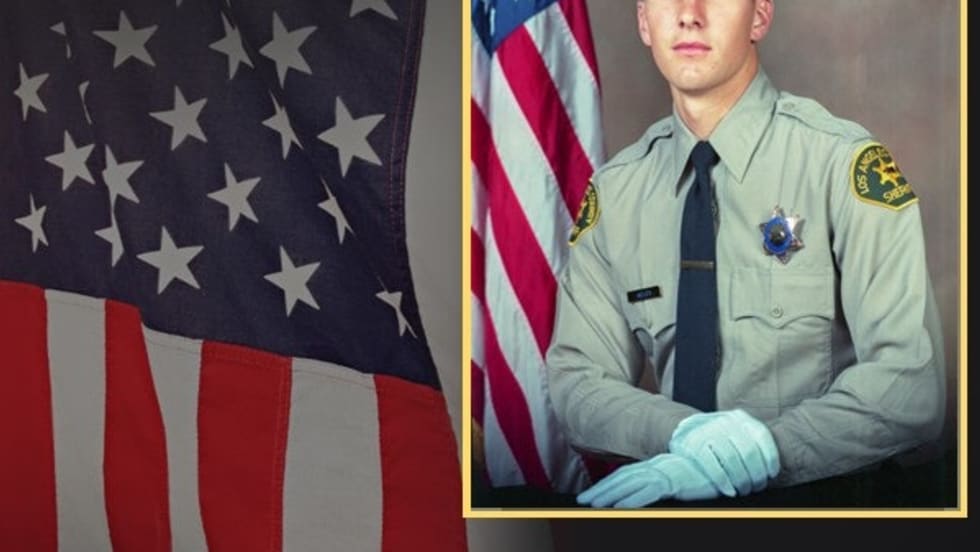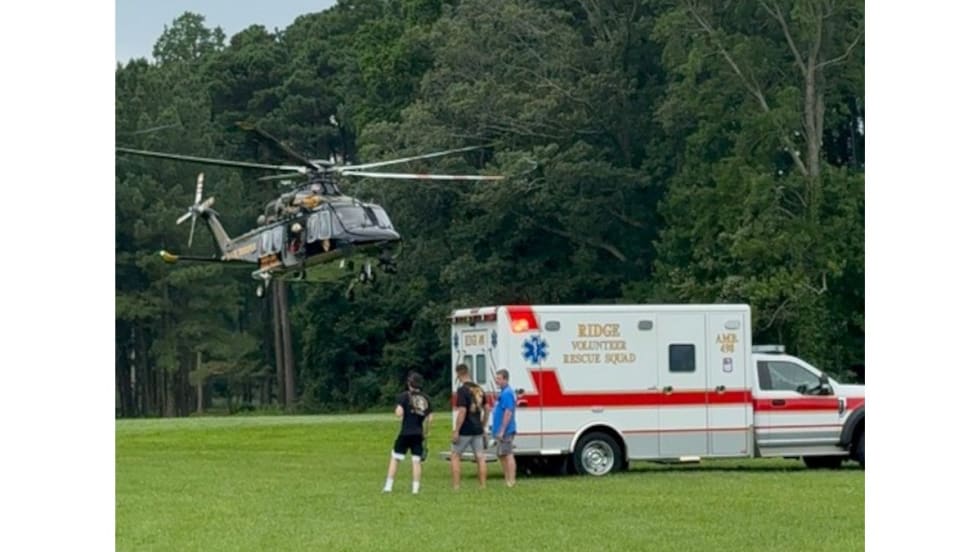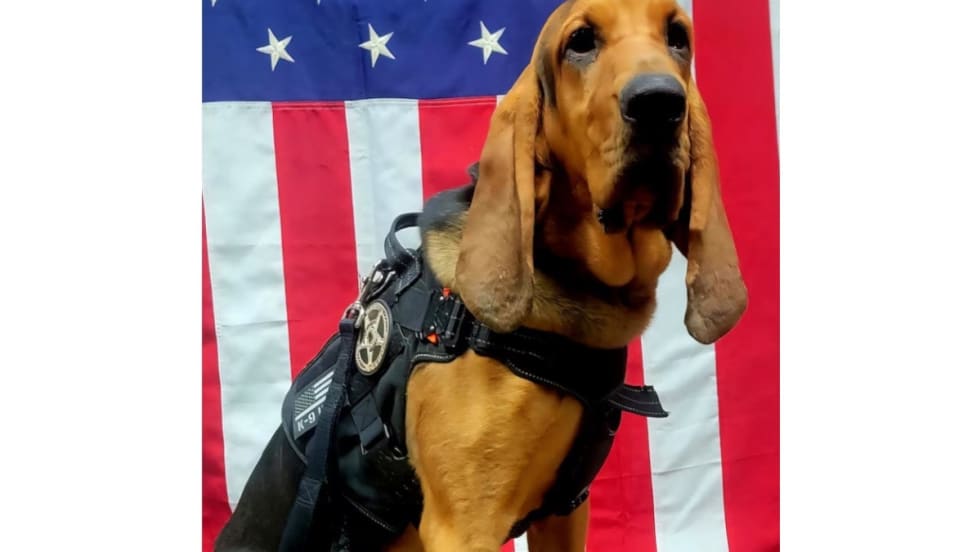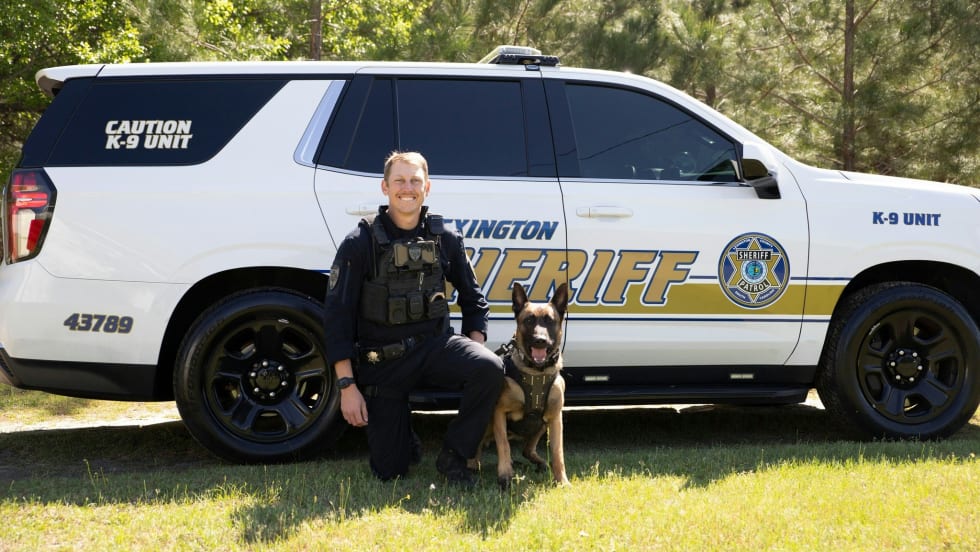It had been one of those long fruitless nights of surveillance, and my partner and I were stuck in the gridlock of morning traffic trying to get to the station so we could get home and get some sleep. I was in the passenger side of the unmarked unit when I noticed a bicyclist go speeding by the stopped commuters.
We were in the inside lane and the fellow on the fancy road bike was flying along next to the curb, head down pedaling hard. "Maybe we should get bikes?" I said cynically as we watched the cyclist race past all the stopped vehicles.
Then a truck turned in front of him, and he went splat. "That's it, I'm sticking with cars," my partner said dryly and flicked his cigarette out the window as we slowly edged toward the accident and radioed for the paramedics.
All of you crime fighters have similar stories of macabre or ironic humor in the face of terrible events. In the book "Deep Survival," Laurence Gonzales describes the way high-risk professions like fighter pilots, firefighters, and cops use humor to cope. It is a natural defense mechanism and seems to work well as long as innocent civilians don't happen to be standing within earshot when you make some wisecrack about really feeling like a burger right now as you pull a fast food bag out of a vehicle involved in a fatal wreck and hand it to a chuckling paramedic.
Often, the more tragic the event the more quickly humor injects itself into the scene. At the scene of a long undiscovered suicide my buddy J.W. surveyed the maggot hordes on the body and said, "I'm dying for Chinese right now!"
To the average civilian this would have seemed a pretty callous comment, but then the average citizen isn't closely inspecting a rotten corpse of a once beautiful woman who has taken her own life. And that same citizen isn't going to have to go into the front yard where a worried brother is waiting and give him a death notification and struggle to keep him from running into the residence to see an unimaginable sight.
The thing is, for J.W. and me it wasn't an unimaginable sight, but a very real horror that we needed to deal with. It was our job to deal with it, and that silly, callous little joke made the moment bearable, the task possible.
I have even joked and kidded with the dead themselves at scenes. Truthfully, I have done some of my best shtick talking to dead bodies. OK, they don't laugh, but they also never interrupt.
The real lesson in all this is that you need to keep that odd sense of humor. You will need it to make it through this wonderful profession. If you are a cop five years or more, you will have lived more life than the average citizen could ever know. But to cope with that experience, you will need to laugh.
Just remember, there are some things that are too terrible to laugh about. I will not talk about them here, but when such things happen around us or to us, the moment is often too tragic or too sacred to even joke about. In those moments, we just need each other, and it will be your caring, not your humor, that will make the difference.
Finally, in case you were worried, the bicyclist survived with only minor injuries. The paramedic turned to us as he was leaving and asked us for the story in detail. His response was, "Shame is, he would have been a hell of a donor." I answered, "Yep, in great shape and he doesn't smoke," then turned to look at my partner's cigarette firmly clenched in his teeth.



